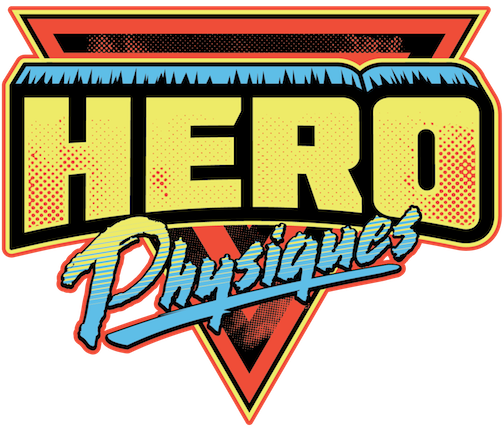How To "Find Your Why": Part 2
In my last post, I discussed why it is important to spend time finding your "why". Now I will discuss how to find your why. These are some tips and tricks I use with my clients, but they only work if you are at a point where you are willing to be open and honest. So let's dig in.
Know Your "What" And "When"
This may seem obvious, but in order to find your "why", you first need to know your "what". This would be your goal or "what" you want to accomplish. So, do you want to lose weight? Do you want to build muscle? Do you want to lower your blood pressure? Do you want to reverse a diagnosis of pre-diabetes? This is what you want to accomplish. Next you need to set some form of timeline. This is your "when". We humans (at least I assume you're human) do tend to work harder towards something when there is a set end date or timeline. Make sure your timeline is realistic. "I want to lose 100 pounds in 30 days!" Obviously not healthy, nor realistic. You may need to work with a coach on setting proper expectations. I do this with all of my clients so they can know what to expect and when to expect it.
The Hard Hitting Questions
This is when things start to get real, and emotional. I wrote about this briefly on an Instagram post (give us a follow!), but I will elaborate more here. This self awareness practice requires you to start acknowledging what you want to change about your health and/or fitness, and how your current state makes you feel. I will break this down into a few steps and questions:
1- What do you want to change? This can be multiple things.
2- How does it currently make you feel?
3- Why does that matter?
4- Repeat steps 2 and 3 until you find the emotion.
As an example, I asked a male client (we'll call him Billy) that had struggled with his weight most of his life the typical question of what their goal was. They said they wanted to lose weight and be healthier. Great, that's two separate things to think about. I started with his goal of losing weight. I asked how his current weight made them feel? At first Billy was reluctant to open up and gave me the quick answer of "crappy". This is where asking "Why does that matter?" comes into play. I asked "Ok, but why does that matter?" Billy was confused at first, but then responded with "Well it makes me feel gross." And again I asked "Why does that matter?" Billy took a bit longer to respond this time. Eventually, he said "Well, I just don't feel attractive. I hate having to take my shirt off , and have always hated going swimming." Now we are getting somewhere. Then I asked "And how does that make you feel?" at which point Billy became teary eyed, and went on for the next several minutes about how emotionally distraught their weight causes them to be on a daily basis.
The "Why"
Once Billy became emotional about how his current weight makes him feel, I asked one last time "Why does this matter?" This was when Billy finally understood why he wanted to lose weight. It wasn't because it made him feel "crappy". It was because of all of the ways his weight made him feel imprisoned in his own body and affected his confidence and feelings of self worth. All of the pain that his weight had caused him quickly because his power. Within seconds Billy became a more confident and stronger person because he acknowledged his pain. Now that he found his why, he had all of the ammunition he needed to create the determination and conviction to do something about his situation. Like I mentioned in part 1, emotion is a powerful motivator.
Time To Take Action
If like Billy you finally know your why, now it's time to take action. Next question is "What are you going to do about it?" This is where you create your plan. Nothing worth while is ever easy, so you have to be willing to do things that you don't always want to. You may need to give up foods or drinks. You'll have to make some sacrifices. You have to do things you've never done in order to accomplish something you've never achieved. But progress is never completely linear. You will have set backs, that's ok. You will have some bad days, maybe even weeks. That too is ok. What matters is consistency and you're timeline. Your commitment to the plan and to consistency will determine how long it actually takes. If you keep moving forward, no matter what, you will eventually reach your destination.
I hope this series has been helpful in helping you find the reason why you want to accomplish your goals. You, like Deku, already have the power within you to become the hero you want to be. You just have to keep moving forward. Until next time.


